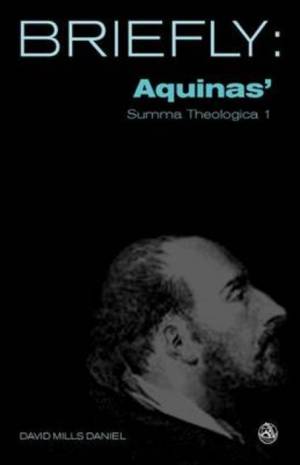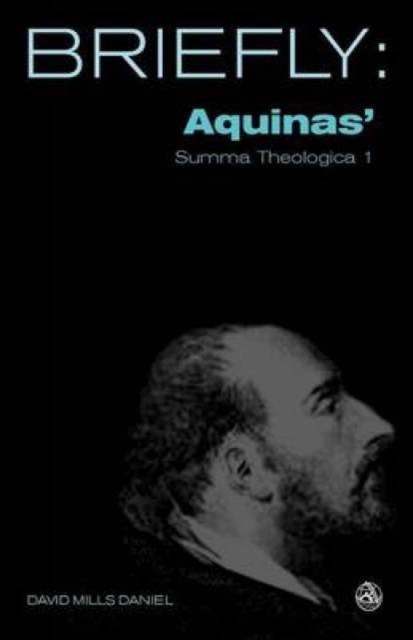
- Afhalen na 1 uur in een winkel met voorraad
- Gratis thuislevering in België vanaf € 30
- Ruim aanbod met 7 miljoen producten
- Afhalen na 1 uur in een winkel met voorraad
- Gratis thuislevering in België vanaf € 30
- Ruim aanbod met 7 miljoen producten
Zoeken
€ 20,95
+ 41 punten
Omschrijving
Aquinas' "Summa Theologica" is his most famous work. It was intended as a manual for beginners as a compilation of all of the main theological teachings of that time and consists of a summary of the reasonings for almost all points of the Catholic faith. It is the fullest presentation of his views and covers the widest range of subjects - reason, sin, just war to name but a few - in detailed philosophical language. He worked on it from 1265 until the end of his life in March 1274. When he died, he had reached Question ninety of Part III, on the subject of penance. The work is in three parts, dealing firstly with questions of God, then in part II with man's striving for the highest end, and in the third part with Christ and the union between human and divine. Each part is structured as a series of questions and assertions and relies heavily upon key thinkers and writers at that time, including Aristotle, St Augustine, Dionysius and Rabbi Moses.
Specificaties
Betrokkenen
- Auteur(s):
- Uitgeverij:
Inhoud
- Aantal bladzijden:
- 114
- Taal:
- Engels
- Reeks:
Eigenschappen
- Productcode (EAN):
- 9780334040354
- Verschijningsdatum:
- 28/05/2006
- Uitvoering:
- Paperback
- Formaat:
- Trade paperback (VS)
- Afmetingen:
- 127 mm x 198 mm
- Gewicht:
- 95 g

Alleen bij Standaard Boekhandel
+ 41 punten op je klantenkaart van Standaard Boekhandel
Beoordelingen
We publiceren alleen reviews die voldoen aan de voorwaarden voor reviews. Bekijk onze voorwaarden voor reviews.











